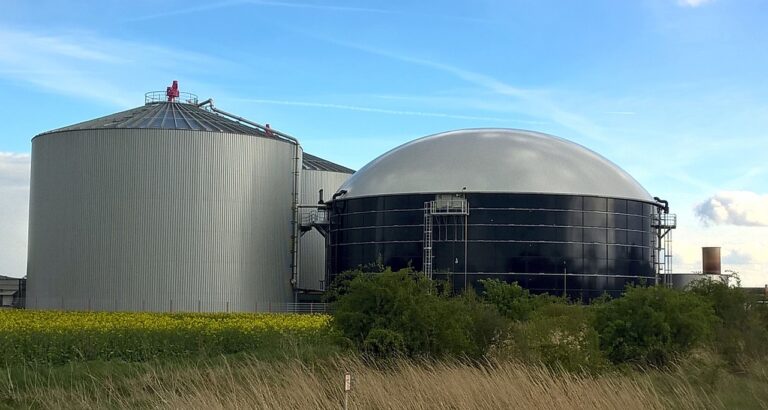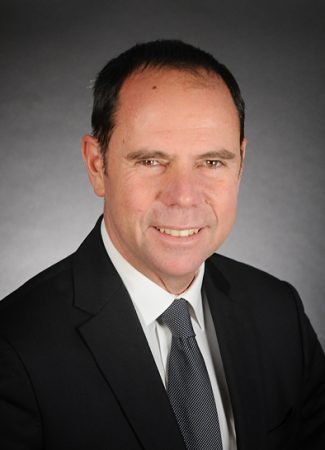What initially appeared to be some good news eventually led to the emergence of a major energy crisis in China, a crisis which spread to the rest of the world with an explosive increase in energy prices, especially natural gas prices.
Indeed, China’s strong post-Covid economic recovery has led to a surge in demand for electricity… at a time when the country has been making serious efforts to limit the use of coal in order to meet its climate change targets.
However, coal still provides around 60% of the country’s electricity! Between coal mine closures, an unofficial embargo on coal imports from Australia, and provinces having to meet greenhouse gas emission reduction targets, all in a context of electricity prices capped by the central government, it didn´t take long for the result to show: several major Chinese cities are experiencing severe power cuts.
Chinese gas companies then embarked on a hunt for LNG cargoes, with the resulting consequences for Europe: with the markets anticipating massive shortages for the winter, gas prices reached an all-time high of 159 euros/MWh in early October, before falling back below 100 euros/MWh.
Can we expect a quick return to “normality”, especially with the upcoming commissioning of the Nord Stream 2 pipeline?
Nothing is more uncertain…
China is prepared to pay big for its gas supply, as large, wealthy southern industrial provinces, such as Guangdong, and mining regions in the northwest implemented electricity rationing measures that have caused widespread public concern and threatened to plunge the economy into chaos, the press reported.
But this time, residential areas are also affected by power cuts, something that has not happened for nearly a decade.
China is the world’s largest consumer of energy and the largest emitter of greenhouse gases and has stated its ambition to reduce its emissions from 2030 onwards, and then to reduce its net emissions to zero by 2060, a promise made by Chinese President Xi Jinping at the United Nations.
The current electricity shortage experienced in China is the result of a policy which the country has been pursuing for several years to become less dependent on coal. About five years ago, Beijing began planning the gradual closure of mines concentrated in the northwest of the country. At the time, China’s mining industry was producing too much coal and therefore had a very negative environmental impact. It also had a very bad reputation because of numerous fatal accidents.
However, by the end of September, China’s six major national energy suppliers had barely enough coal in reserve to cover for the country’s needs for a fortnight. The situation is even worse in India, with less than eight days’ supply.
The tensions in the Chinese, Asian and European energy markets have a common origin, linked to the economic recovery. Factories have started to operate at full capacity again, leading to a surge in electricity demand that cannot be met by the energy supply.
As winter approaches, the demand for gas has led to a rush for LNG. Qatar has warned that it faces huge demand from all its customers, and cannot meet everyone’s needs, with LNG tankers queuing up outside the country… A bidding war is being set up between Europe and China, with the latter willing to pay high premiums over the European benchmark.
And this is happening at a time when gas stocks in Europe are at their lowest seasonal level for more than a decade, due in particular to the cold winter of 2020-21, even if the storage reform in France has enabled satisfactory levels to be maintained here.
Some other factors are at work in Europe, with supplies from Russia – Europe’s balancing producer – currently limited. As a result, gas prices have increased fivefold between September 2020 and September 2021.
Nevertheless, the start-up of the Nord Stream 2 pipeline, which was recently completed, could eventually ease the shortage in Europe. However, it will take several more months for the pipeline to become commercially operational. Uniper, for example, has stated that the new pipeline will not help ease the strain on Europe’s gas supply this winter…
The two Nord Stream pipelines will allow for a direct supply of Russian gas across the Baltic Sea to Germany – without using the mainland route via Ukraine… Work on the Nord Stream 2 pipeline was halted due to US opposition and sanctions but was resumed and completed in September 2021. The pipeline will provide access to new Russian gas reserves in the Arctic.
In the meantime, European governments are planning national support schemes for their citizens, including subsidies, price caps, etc., to soften any impact as the Covid-19 crisis emerges. But given the size of the price differential to be absorbed, and the still strong opposition to what is perceived as a fossil fuel like any other, it is doubtful that these approaches will be able to quickly curb the rise in gas prices.
It is not surprising that nuclear power is back in favour with politicians, as a way of reconciling the reduction of greenhouse gas emissions with access to abundant electricity. The only problem is the time it takes to build new power plants, with a timeframe of 10 to 15 years!
In the short term, as far as gas is concerned, only V. Putin’s Russia could relieve the pressure. However, Nord Stream 2, especially with the twists and turns of its certification on the German and European sides, will not provide a solution before the end of the winter. Everything will depend on the flow of Russian gas through Belarus and Ukraine… indeed, Qatar is producing at maximum capacity, and LNG exports from the United States have rebounded strongly after the Covid-19 crisis and are close to maximum capacity there, too. Gazprom says it is meeting “all its obligations”, but is ready to open the tap a little wider from 8 November to allow gas stocks in Europe to be replenished as winter sets in, as those in Russia are now full… It didn´t take long for the market to react: TTF price fell back below €70/MWh on 29 October for the first time since 27 September, to €68.53/MWh. But most analysts are still forecasting prices to remain high until the spring, and very volatile, as the market reaction to the suspension of the Nord Stream 2 certification showed. Indeed, due to the pause in investment caused by the Covid-19 crisis, gas supply is not expected to increase significantly in 2022-2023.
Philippe Lamboley







